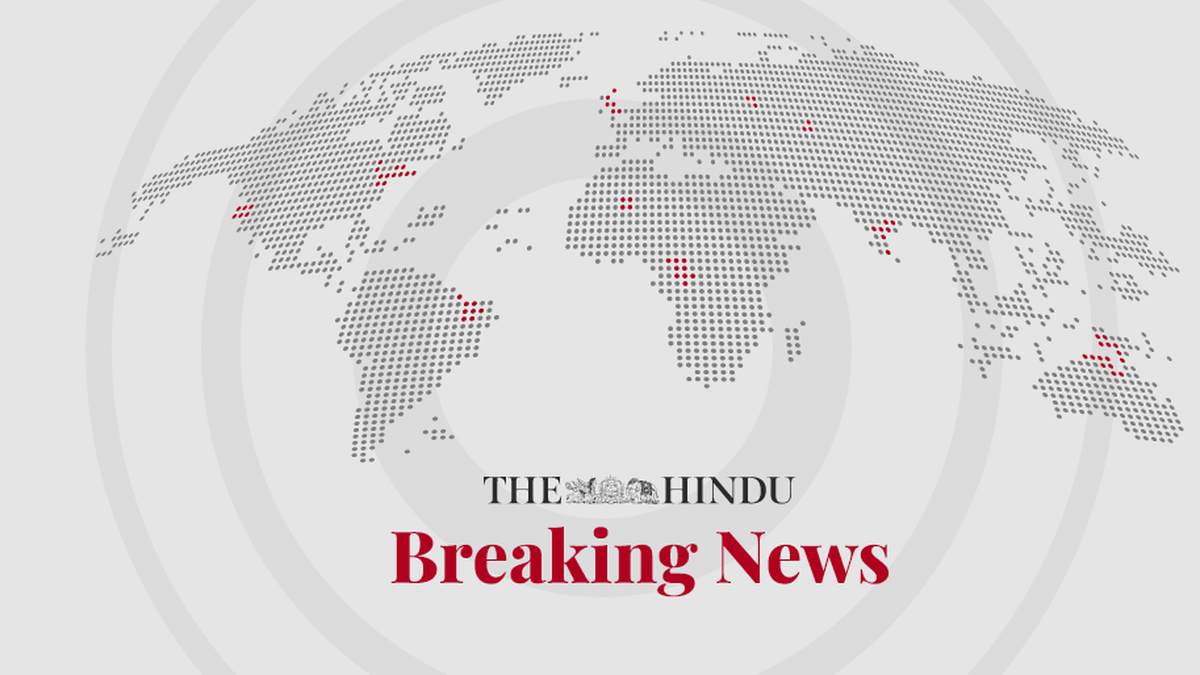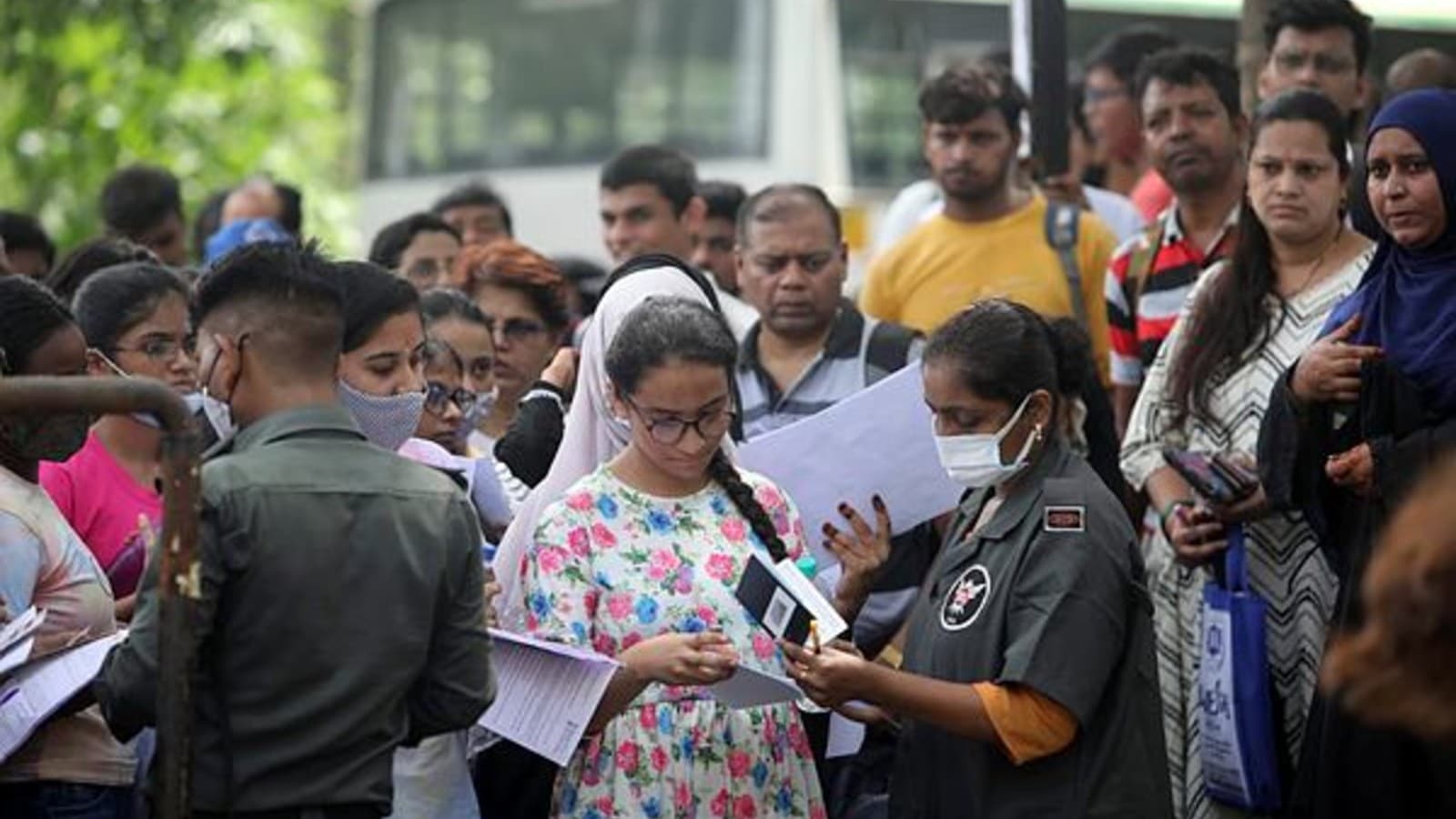Helga, who started the institute, and Lyndon LaRouche counted Indira Gandhi and President K.R. Narayanan among supporters
Helga, who started the institute, and Lyndon LaRouche counted Indira Gandhi and President K.R. Narayanan among supporters
The global think tank, Schiller Institute, that recently hit the headlines for organising an international conference on the Ukraine war and the economic crisis, was shaped by the ideas of the late American economist Lyndon LaRouche who witnessed the communal carnage in 1946 in Kolkata, said Mrs. Helga LaRouche, who started the institute in 1984. In a telephonic interview with The Hindu, Mrs. LaRouche said her late husband served as an American soldier in the China-India-Myanmar theatre during the World War II, and that his ideas against British imperialism were shaped at that time and through interactions with a long line of Indian leaders that included Prime Minister Indira Gandhi.
Mrs. LaRouche said a watershed moment in world economic history came in 1971 when President Richard Nixon ended convertibility of U.S. dollars to gold. Lyndon LaRouche wrote in favour of the developing economies and criticised the so-called ‘Nixon Shock’ saying that it would encourage speculation-driven economic activities and greater inequality. Some of those ideas found expression in the 1976 Colombo resolution of the fifth NAM summit that called for a New International Economic Order (NIEO) to help the non-aligned countries. Mrs. LaRouche argues that the effects of Nixon Shock continue to be felt in the economic crisis of the 21st century.
She said that the New International Economic Order became main economic thought of the non-aligned countries but could not be implemented because of a series of political turmoil that hit countries like India, Sri Lanka, Pakistan and other leading NAM members in the 1970s and the ‘80s.
The LaRouches met Indira Gandhi five years later in Delhi, when Indira showed interest in having economic ideas that would safeguard India from the volatilities of the international finances. They met Indira Gandhi last time in 1983 in Delhi. “She was truly a leader. I do not find anyone like her in contemporary world. We discussed economic issues, history of the Gupta empire, and Panini’s grammar with her. She spoke French,” said Mrs. LaRouche, who set up the Schiller Institute in 1984 and currently lives in Germany looking after the institute’s works in multiple countries.
After the assassination of Indira Gandhi, Lyndon LaRouche published a book titled ‘Derivative Assassination’ that delved into the global dimensions of Khalistani terrorism and circumstances that could have played a role behind that incident. Subsequently, the LaRouches would visit India on several occasions to meet with economists like the late Arjun Sengupta who authored a landmark 2005 report about the labour rights in the unorganised sector. Other Indians who met the LaRouches included President K.R. Narayanan who hosted them at the Rashtrapati Bhavan on December 5, 2001.
‘Interventionist wars’
The LaRouche tradition riding on the non-aligned movement could not make the expected global impact as the key figures like Indira and her son Rajiv Gandhi, and several leading lights were either assassinated or became politically irrelevant. She also blames the “interventionist wars” by the western leaders in Iraq, Afghanistan, Syria, Libya for the current global turmoil. She holds President George H W Bush as the pioneer of the “interventionist wars” because of the 1991 Gulf war.
In April this year, Schiller Institute organised a global conference that was addressed by 75 speakers including retired diplomat P.S. Raghavan, journalist Saeed Naqvi and Sam Pitroda, former adviser to Prime Ministers Rajiv Gandhi and Manmohan Singh. Earlier this month a Ukraine’s Centre for Countering Disinformation that fights online Russian propaganda released a list of 75 commentators — including the three Indians — whom they accused of promoting Russian propaganda. Mrs. LaRouche said in response, the Centre for Countering Disinformation suffers from a “syndrome of conspiracy theories”.
Mrs LaRouche, however, is hopeful that despite the crisis in Ukraine and the global economy, there are number of traditions — non-alignment included — that have resurfaced. She criticised western decision makers for not taking corrective steps to deal with the earlier economic crises like the 2008 Lehman Brothers crash. “They did not deal with the reasons behind the crisis. Instead, Obama administration covered it up,” said Mrs. LaRouche who cautioned that the international economic stress is such that it could “blow out” the neoliberal system. She is also critical of western perceptions of Russia that came to dominate policies in Washington DC after the fall of the Soviet Union.
“When the USSR collapsed, we proposed a development corridor — Eurasian land-bridge — that would help in economic development. Instead, they began to think of Russia as an ex-superpower that would end up being a raw material producing third world country. Mr. Obama once even described Russia as a regional power,” said Mrs. LaRouche, explaining the policy errors in the western capitals, adding, “If we don’t get the United States and Europe onto a new track, toward a new system [new Bretton Woods], the war danger only worsens”.






